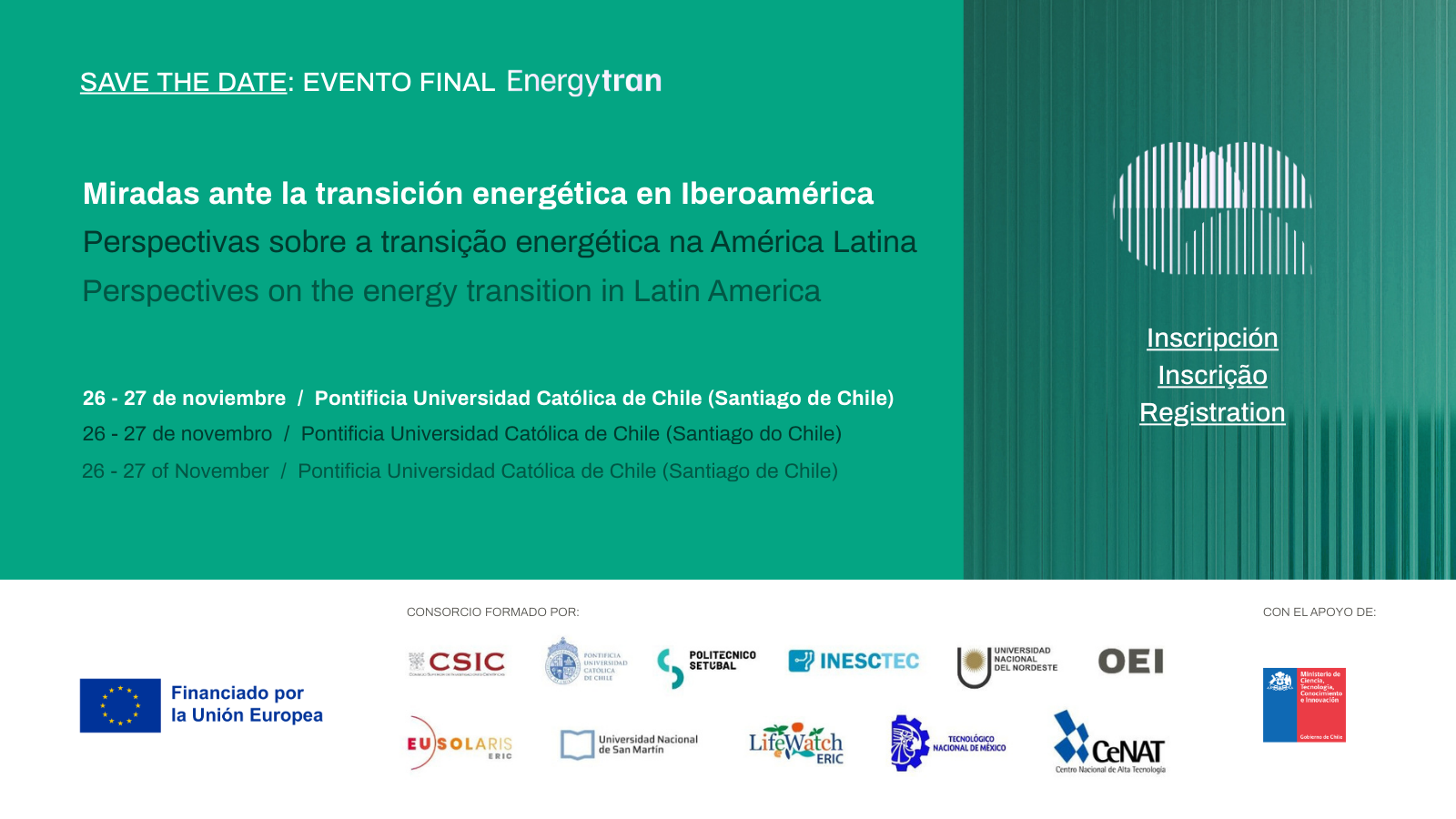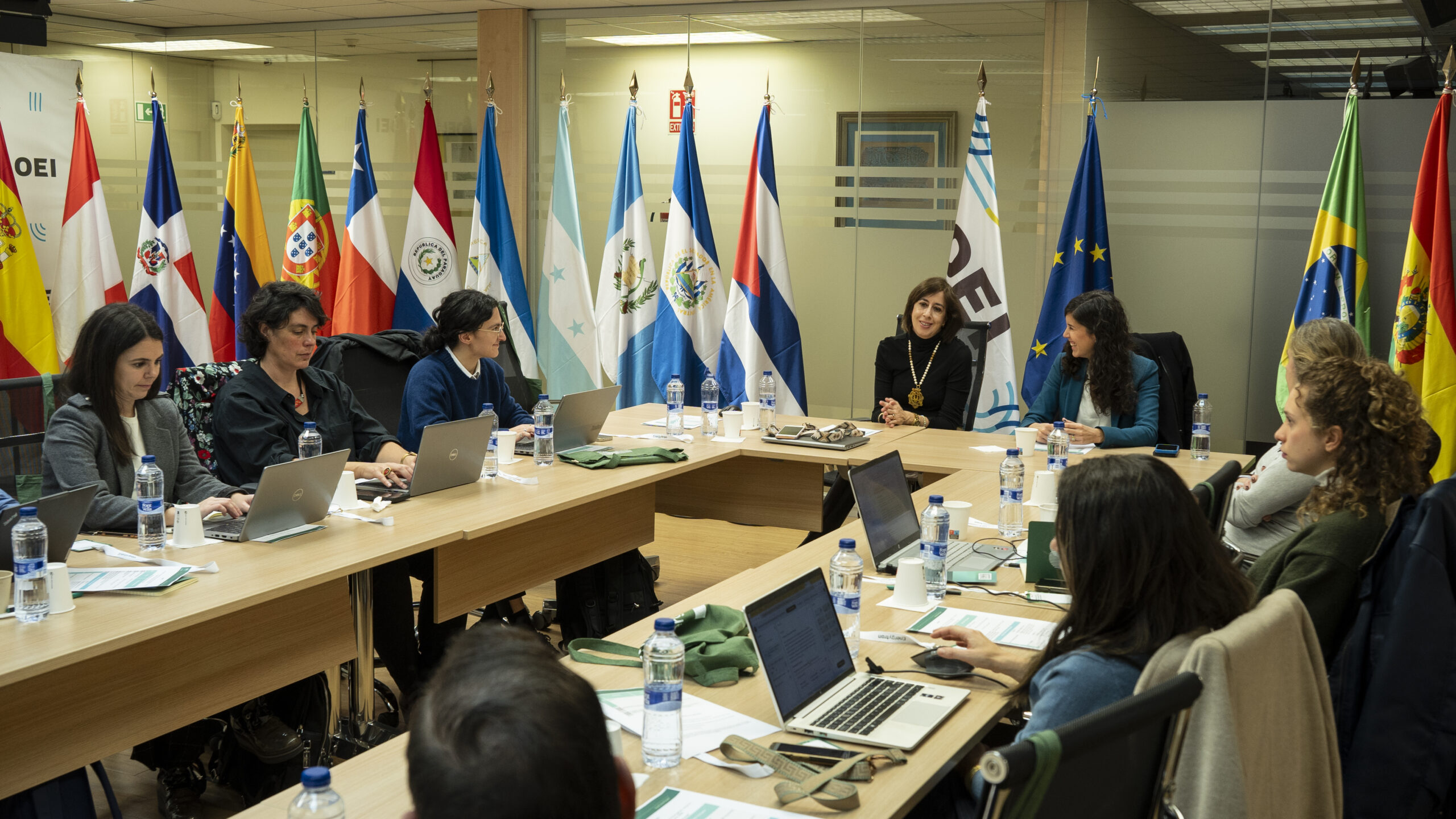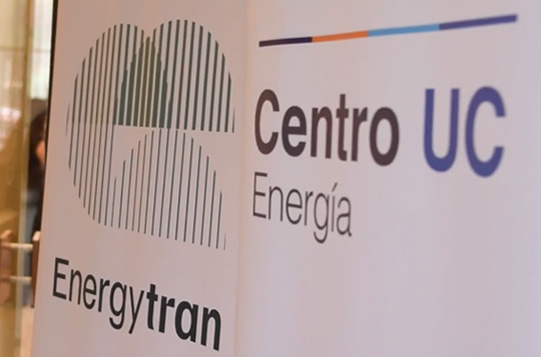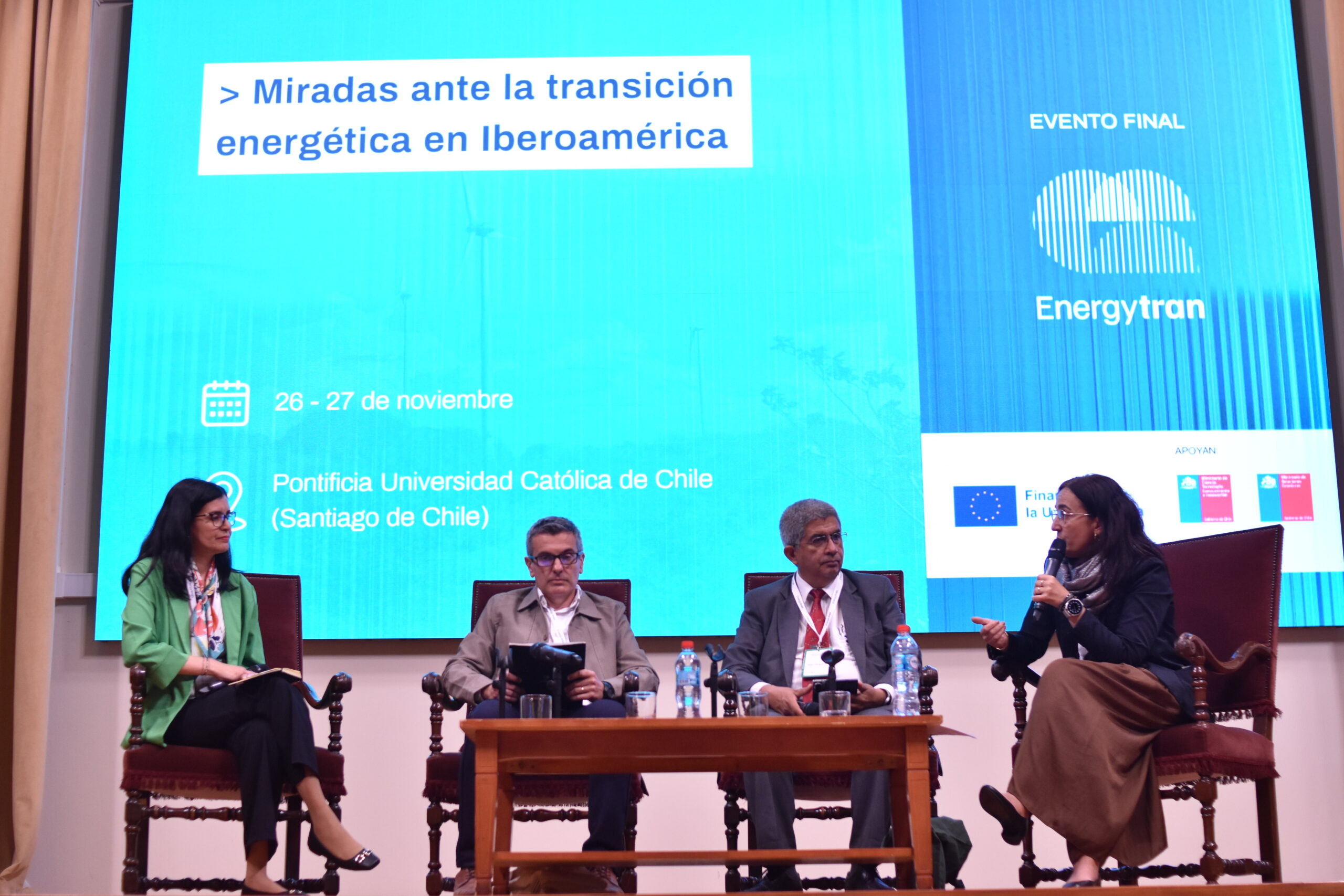Objective: Present all the results obtained in the Energytran project, as well as reflect on future scenarios in which to continue cooperating at the scientific and technological level for the energy transition.
Date: 26–27 November 2025
Venue: Aula Magna – Pontificia Universidad Católica de Chile (Santiago de Chile)
The EULAC for energy transition (Energytran) project comes to an end this December. Throughout its implementation, different perspectives on the energy transition have been made evident: its many dimensions, the diverse – and all necessary – ways to approach it, and the wide range of actors involved. There are multiple perspectives on the energy transition, and each nuance is essential to address it. Energytran is structured around this idea, both through the institutions that make up the consortium and the work carried out.
In this context, the results obtained from this scientific cooperation between research infrastructures from Latin America and the European Union in the field of energy transition will be presented on 26–27 November 2025 in Santiago de Chile (Aula Magna of the Pontificia Universidad Católica). This will be the final event of the Energytran project, after two years of activity. It will be a meeting of perspectives on the energy transition in our region, also serving to identify challenges and outline new paths of scientific collaboration in this field, under the lenses of public policy, technology, the environment, and social impact.
Check the event programme
Access the event concept note
The EULAC for energy transition (Energytran) project began in January 2024, within the framework of the Horizon Europe programme, with the aim of addressing the energy transition as a common challenge through the exchange, generation, and transfer of knowledge between research infrastructures in the European Union and Latin America and the Caribbean, from a multi-actor approach – public administration, academia, business, and civil society – and a multidisciplinary perspective – technological, environmental, and social – while supporting public policy development and promoting a clean, sustainable, and just energy transition to advance towards a resilient society.
The project involves 11 partners from both regions: the Organization of Ibero-American States for Education, Science and Culture (OEI), project coordinator; the European research infrastructure consortia EU-Solaris ERIC and LifeWatch ERIC; the Spanish National Research Council (CSIC); the Polytechnic Institute of Setúbal (IPS) and the Institute for Systems and Computer Engineering, Technology and Science (INESCTEC) in Portugal; the Pontificia Universidad Católica de Chile (PUC); the National Technological Institute of Mexico (TECNM); the National University of San Martín (UNSAM) and the National University of the Northeast (UNNE) in Argentina; and the National High Technology Center (CENAT) in Costa Rica.
Guided by the horizontal principles of inclusion, participation, social impact, and open science, to date the project has fostered the generation and transfer of knowledge on energy transition, engaging more than 300 researchers and over 60 institutions from both regions. Project outcomes include 40 mobilities, 7 publications, 3 events held, 3 digital tools developed, and 1 training course.
More information on the https://energia.uc.cl/agenda/evento-final-del-proyecto-energytran-miradas-ante-la-transicion-energetica-en-iberoamerica
Learn more about Energytran







